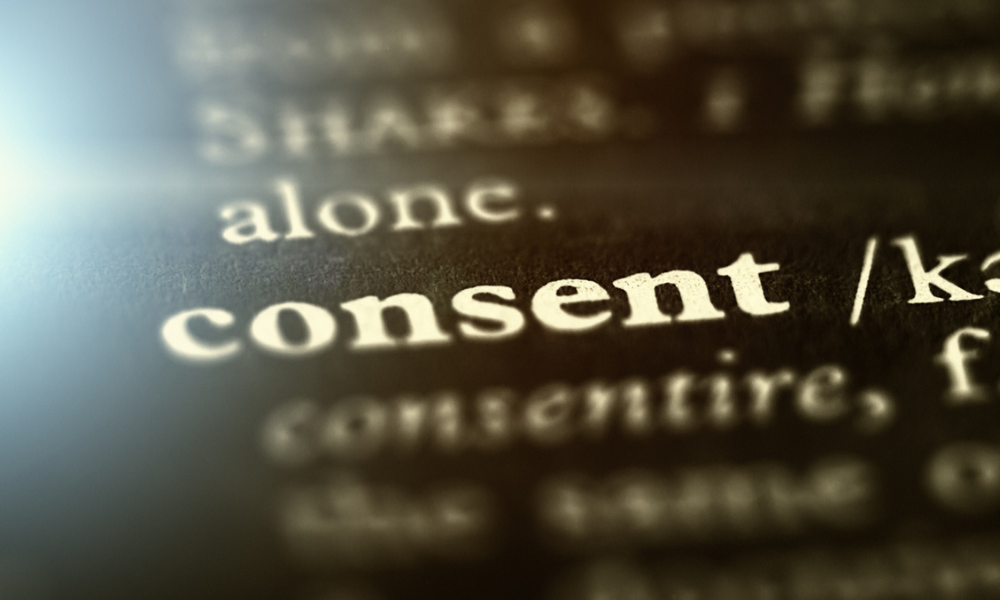Canada 'desperately' needs to learn about consent: Canadian Women's Foundation president

Less than half of Canadians know and understand what the legal definition of sexual consent is, according to a new study from the Canadian Women’s Foundation (CWF).
According to the CWF, Canada’s Criminal Code describes consent as a positive and ongoing requirement in sexual activity. This definition means that the people involved should show enthusiastic participation and understand a person may withhold consent at any time.
However, the study revealed that only 45 percent of the respondents answered that they would need both indicators from another person to ensure sexual activity is consensual. It also showed that understanding positive and ongoing consent is higher for people under age 54 (52 percent) and lower for people over age 55 (34 percent).
Moreover, the CWF found that public awareness of sexual consent has grown over the years from 33 percent in 2015 to 45 percent in 2022, and awareness varied in each province − with residents in Alberta at 49 percent and British Columbia at 48 percent as the most informed when it comes to sexual consent.
But for CWF president Paulette Senior, it is “alarming that so many still don’t understand” how to meet the legal threshold of consent.
“Stories about sexual violence are covered in the news all the time,” Senior said. “This gap can lead to assault, and certainly connects to our historical tendency to blame abuse survivors for what they go through. It’s a sign that Canada desperately needs to invest in consent education and effective abuse prevention measures relevant to all age groups.”
The CWF confirmed that Statistics Canada had approximated that 30 percent of women aged 15 and older have experienced sexually assaulted outside of an intimate relationship. Moreover, it noted that some women and gender-diverse people are “statistically at higher risk of sexual violence,” including Indigenous women, 2SLGBTQIA+ people, women with disabilities, and younger women.
“So many women, girls, and Two-Spirit, trans, and non-binary people face this abuse in their lifetime,” Senior said. “There are real people behind the numbers, people we know and care about in our own families, workplaces, and communities. We all need to be better prepared to support survivors without judgement and stigma, because they often reach out to people they trust. We need to hold our leaders accountable to take every step they can to end this abuse before it starts in the first place.”









